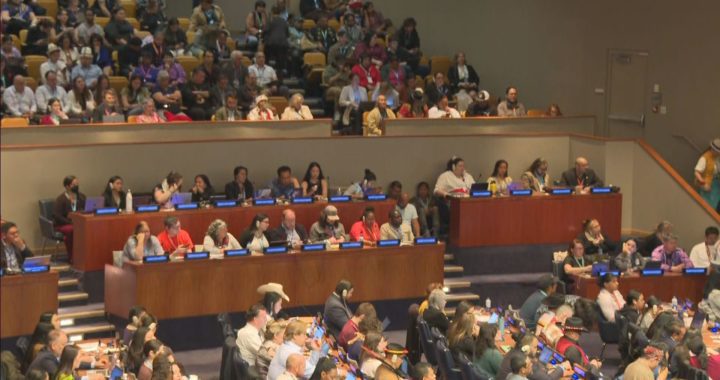InFocus Podcast
Subscribe to the InFocus podcast and listen to other episodes here
Apple PodcastsSpotifyGoogle PodcastsRacial profiling can come in many forms. Have you ever been followed by store staff while shopping? Do you seem to get served differently in restaurants or in stores? Does it happen regularly? Has you changed the way you act in stores because of this?
If you said you yes, you may be the victim of racial profiling. This week, Host put Shopping While Brown InFocus.
What exactly does it mean to be racially profiled in store?
Tomee Sojourner-Campbell is a Master of Laws candidate at Osgoode Hall Law School at York University and founder of Prevent CRP (Consumer Racial Profiling).
She has been working for years to bring awareness of this problem and works with businesses to prevent it.
“Consumer racial profiling is when you walk into a store and someone is following you and it’s the assumption that the person they see in the store or going into the bank, usually racialized Black or Indigenous is going to do something wrong,” she said. “Because it’s often, not only the assumption that somebody is a threat but its in the way you get treated.”
“It’s not just about people assuming that you’re going to steal but its about the lack of context, the lack of respect that’s afforded to the individual that’s come into the store to purchase an item.”
Amy Anderson is a Winnipeg resident who has had enough of these experiences. She told Ridgen that she recently had an unpleasant experience in a local restaurant that is frequented by many Indigenous patrons.
Anderson, along with her parents were ignored after they sat down. They had to ask multiple times to have someone take their drink order. When they finally got to order their food, they waited for an hour for it come – and once it arrived, she found a pubic hair in her dish and her mother’s chicken wings were undercooked.
“My parents have been at this hotel numerous times and it seems like it’s the same service, the same treatment and it just so happened that both my mom and my food was tampered with. How could that be a coincidence?” Anderson said.
“It did feel discriminatory towards us.”












